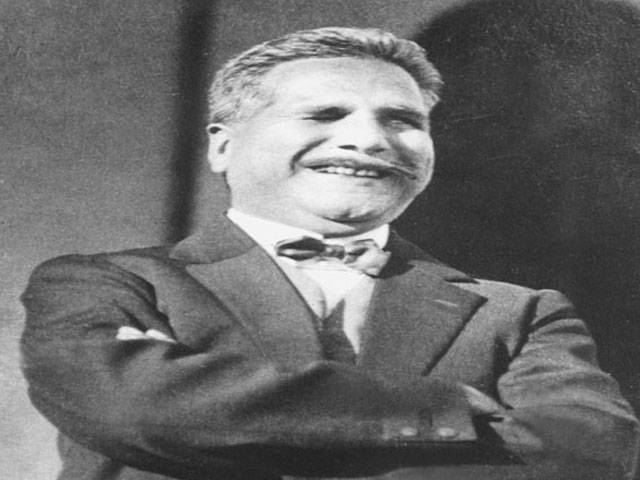“The greatest advice of Iqbal to humanity is: Have a heart like Jesus, a thought like Socrates, and a hand like the hand of a Caesar but all in one human being, in one creature of humanity, based upon one spirit in order to attain one goal. That is, Iqbal himself: A man who attains the height of political awareness of his time to the extent that some people believe him to be solely a political figure and a liberated, nationalist leader who is a 20th century anti-colonist. A man who, in philosophical thought, rises to such a high level that he is considered to be a contemporary thinker and philosopher of the same rank as Bergson in the West today or of the same level as Ghazzali in Islamic history.”
–Ali Shariati.
In contemporary Pakistan, Iqbal’s message is not rationalised. Instead, his poetry is recited to charge people’s emotions.
One thing that Muhammad Iqbal, the poet and philosopher, and Ali Shariati shares is that the political circumstances not only made both thinkers household names in Pakistan and Iran, but also transformed them into trophies in the contests of competing political groups. They are more eulogised than analysed. However, the space is confined for the former. Iqbal was born in Sialkot on November 9, 1877. Muhammad Iqbal wears so many feathers on his hat that it is impossible to understand him while exploring only one dimension of his achievements. He was a literary figure, a legislator, a lawyer, a philosopher and a commentator on Islamic political thought.
However, the main fame of Iqbal lies in his poetry. Iqbal through his poetry tried to reinvigorate the spirit of resistance in the minds of people of Indian Sub-continent who were living under British rule then. Iqbal articulated his philosophical position in “The Reconstruction of Religious Thought in Islam”. His political thought culminated in the form of Pakistan on the world map.






